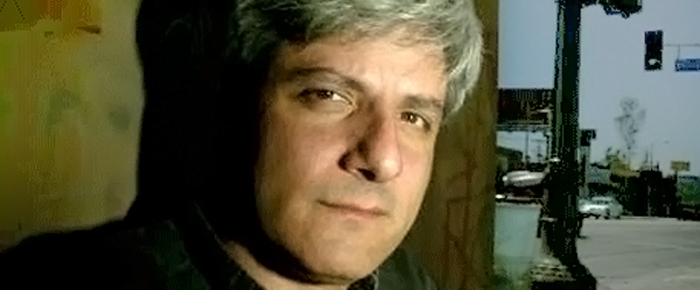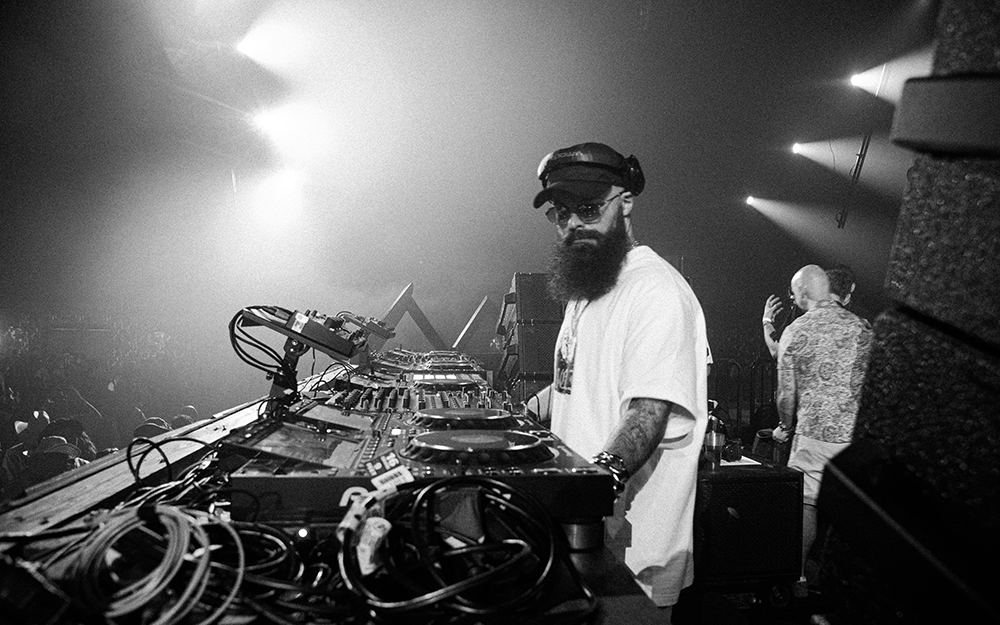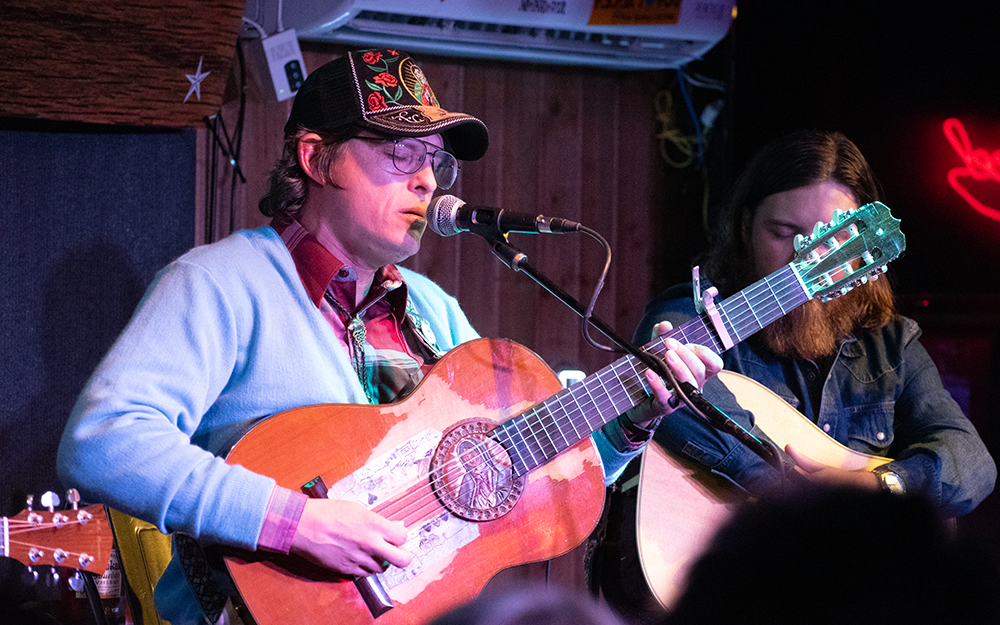
By Heidi Simmons
A thousand books a week are submitted to the Los Angeles Times for possible review. The editorial staff of four looks at every book submitted from mainstream and independent publishers. For now, self-published books are not covered.
David Ulin is currently lead Book Critic for the LA Times and served as editor of the Sunday Book Review section for five years prior to the supplement’s contractions and manifestation as Arts & Books. Ulin reads three books a week and writes three to four pieces – reviews, profiles or commentaries each week for the paper and the LA Times’ Blog.
Besides being a full-time critic, Ulin teaches for UCR’s Palm Desert Low Residency creative writing graduate program. He is also the author of six books and is working on his seventh. He’s published non-fiction, fiction and poetry.
HS: Do you remember the first book you read?
DU: I don’t. But I remember the first book that struck me. I was in the second grade. I don’t remember the title, but it was by Robert Heinlein. He wrote for children and it was about a mission to Mars.
HS: Do you have a favorite book of all time?
DU: There’s a lot of books I really love. I couldn’t narrow it down to one. There’s too many.
HS: Is there one book that impacted your life more than any other?
DU: There are authors. Joan Didion is a huge influence on me. She taught me that nonfiction could be literature. Jack Kerouac’s novel On the Road was big for me because of the writing about personal experience. The myth of it was very appealing to me when I was young. Now I’m interested in it for the sadness — I think it’s a really sad book. Faulkner might be my favorite writer just because of the lushness of the language. Henry Miller’s Tropic of Cancer for its uncensoredness and its ambition. And Flannery O’Conner. Those are just some. I love those writers.
HS: Is there a book you keep returning to?
DU: The book I read over and over and that I assign and make people read is Stop Time by Frank Conroy. It’s about the first 18 years of his life. It ends with him going to college as a freshman. It is a fascinating book. I read it in the tenth grade. It was the first book I ever read where I recognized my life, my neighborhood, and the movie theater I hung out in during high school. The way he saw the world and the way his mind worked were similar to my life. The connection was really close. It’s a beautiful book. I’ve read it a half dozen times.
HS: Is there a genre you read for pleasure?
DU: Crime fiction. My favorite crime writer is David Goodis. He was a pulp writer from the 50s. I think his stuff is just gorgeous. He’s not very well known. His work was published cheap and dirty. I also love Raymond Chandler. I love Walter Mosley and James M. Cain. He’s the best.
HS: What are you looking for when you read critically?
DU: Enlightenment. The writer has to be engaged and I want to be engaged as a reader. If they’re not interested, then I’m not interested. I read all kinds of things, forms and genres because I’m really interested in what made the writer sit down and write that book. Engagement. It’s what I’m always looking for. I’m giving you time so you better seize me. If it’s not “living” and they’re not into it — I don’t want to waste my time.
HS: What makes a great read?
DU: I want a book to challenge me. I want a book to provoke me. I want a book to stir me up. I want to argue with it maybe. I want to feel its life. That can come out in a variety of ways and forms. I want that not just from books but magazine articles and reviews. Everything I read.
HS: How do you choose what you read for the LA Times?
DU: It’s a version of walking into a bookstore. You go to the tables in the front and you look. Some books interest me and some books don’t. I’ve been doing that my whole life. It’s the same basic process. I get a sense of what is interesting and then look at them more closely. I’m curious about cities. I’m interested in walking. There’s spirituality. I’m interested in books that make drama out of everyday life.
HS: Do you have a preference between e-readers or paper?
DU: I love paper. If I read electronically, I only read on the I Pad. Ninety-nine percent of my reading is on paper. Books will never be obsolete. What I love best about e-publishing is the tons of material available that’s not in print. I’m in favor of everything that makes the free flow of ideas and information accessible to the largest number of people.
HS: If you could do anything, what would it be?
DU: This. I’m lucky. I get to read and write for a living. I’ve been able to make a living and support my family and engage my brain, soul and heart. It’s a huge privilege. It’s hard to complain.
Meet David Ulin at the Rancho Mirage Writer’s Festival, which will be held January 15 through 18. He is a scheduled guest.










































